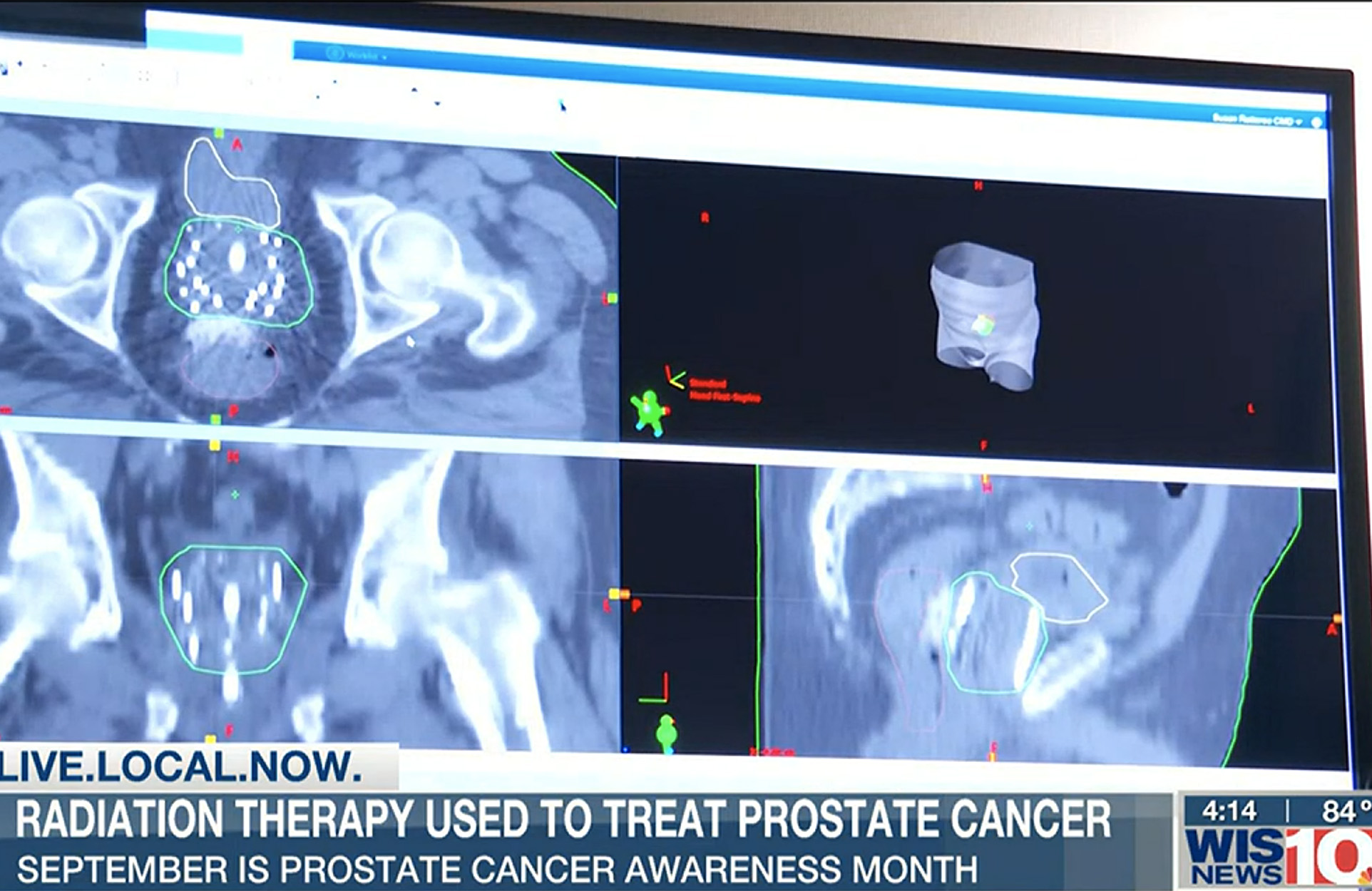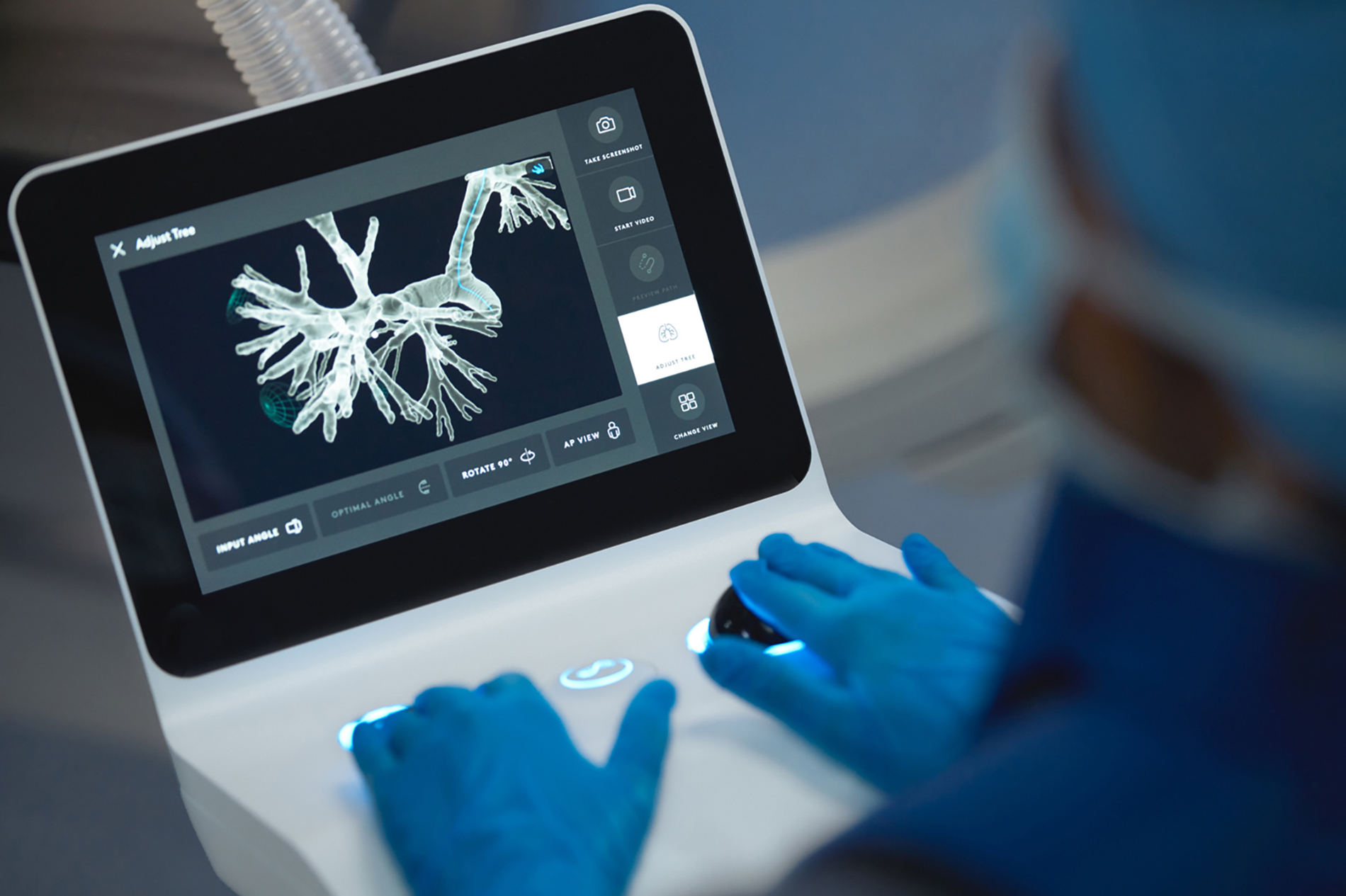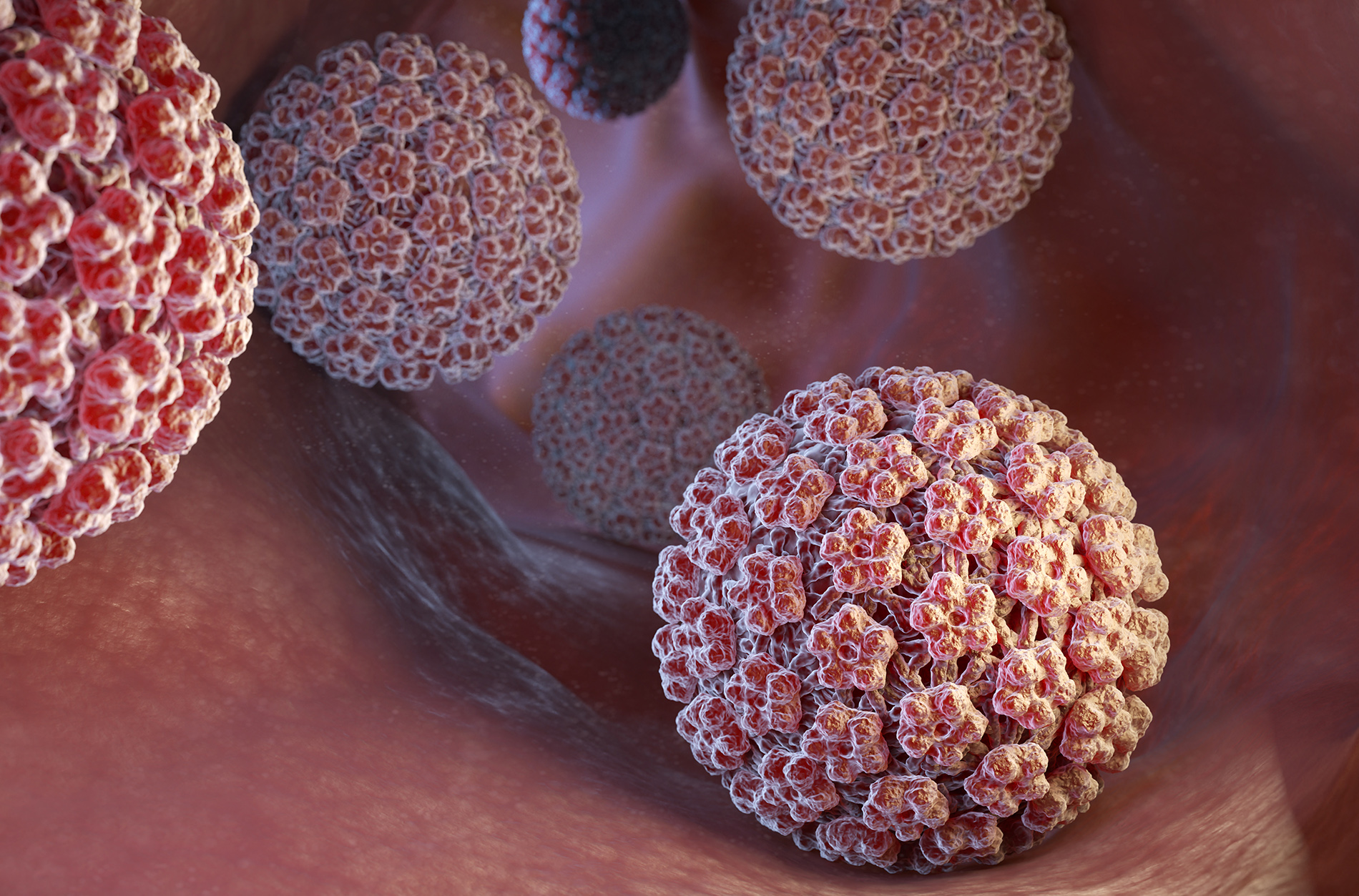Prostate cancer treatments can cause negative side effects that impact a man's quality of life. Brachytherapy is a one-day radiation treatment that causes fewer side effects than other treatment options.
Prostate cancer is the second leading cause of death among men. In fact, 13 in every 100 men will develop prostate cancer in their lifetime. African-American men and men over the age of 65 have the highest risk of prostate cancer.
Men often don't have any signs or symptoms of the disease, which makes early detection critical. It is important for men to have regular prostate screening beginning at age 50 if they are at average risk. African-American men and those with a first-degree relative who had prostate cancer should begin screening at age 45.
When prostate cancer is caught early, patients have more treatment options. David Lamb, MD, with Lexington Urology, points out that some prostate cancer treatments, including surgery, can cause negative side effects.
Brachytherapy is a newer treatment option which involves placing radioactive "seeds" into the prostate. Quillen Davis, MD, radiation oncologist at Lexington Medical Center's Cancer Center, says 40 to 100 seeds are usually implanted in one treatment session and remain in the prostate permanently.
This is a more convenient option that traditional external beam radiation therapy, which requires daily treatment sessions, often for several months.
Another benefit to brachytherapy is that causes fewer side effects than traditional radiation therapy or surgery.
To detect prostate cancer early, Dr. Lamb stresses the importance of having regular prostate screenings with a primary care physician or urologist.

David H. Lamb, MD, FACS, Lexington Urology






Leave a comment